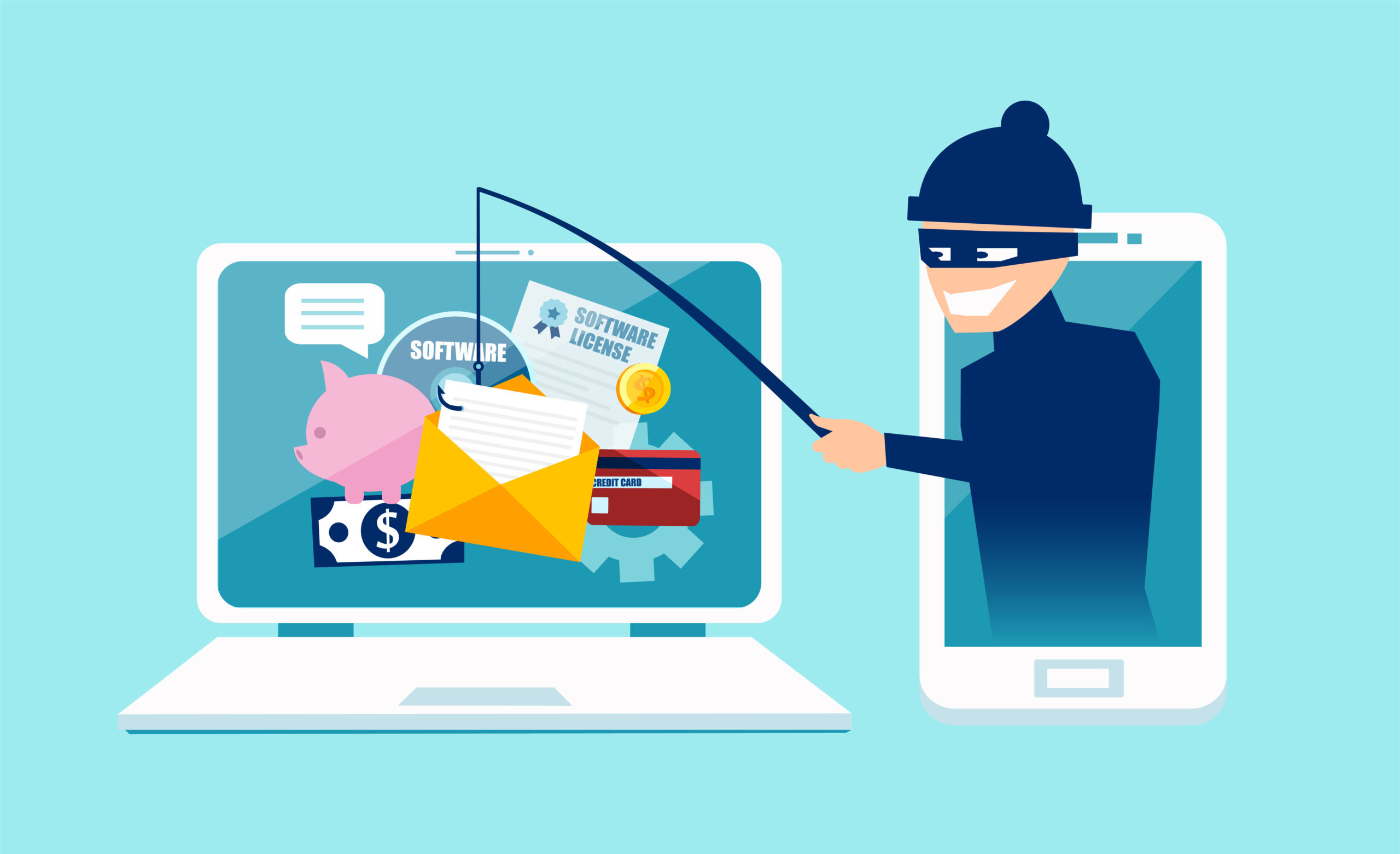 Black Friday has traditionally been the day that ignites the holiday shopping season, sending masses of crowds through retailers across the nation. Unfortunately, it’s also a day that spawns a season of shopping scams.
Black Friday has traditionally been the day that ignites the holiday shopping season, sending masses of crowds through retailers across the nation. Unfortunately, it’s also a day that spawns a season of shopping scams.
Here are four scams to watch out for on Black Friday and throughout the holiday shopping season:
- The Amazon Prime service fraud scam
In this ruse, a scammer posing as an Amazon representative, will call to notify a target about an alleged problem with their Prime account. The victim is prompted to download a tool onto their computer or mobile device so the caller can gain remote access for “helping them resolve the problem” at hand. They’ll then be instructed to log onto their banking account so the caller can be compensated for their time. Unfortunately, this will give the scammer free reign over the victim’s accounts.
- Phishing emails
In these scams, the victim receives an email allegedly sent by Amazon or another large retailer, asking them to verify or update their account. Or, it might be to supposedly confirm an order. By using the link dropped into the email, the user will give their personal information directly to the scammer.
- Delivery issues
Delivery scams generally take the form of a message appearing to be from UPS or another delivery service, informing the victim of a “delivery issue” with an order. They’ll be asked to confirm or update their info using a provided link. Doing so gives the scammer access to their financial information and opens the door to identity theft and more.
- Non-delivery scam
This scam involves a purchased gift that never arrives. Unfortunately, the seller disappears after payment, leaving the victim with no way of notifying them about the no-show or for requesting a refund.
Tips For Avoiding Black Friday Scams
- Never grant a stranger access to your device and/or accounts.
- Don’t open links sent in emails from unverified contacts.
- Never share sensitive information with an unknown contact.
- Keep the privacy and spam settings on your devices at their strongest settings.
- If you have an issue with an ordered item, contact the retailer directly through their site.
- When shopping on a new site, look for a physical address, a customer service number and copy that’s free of spelling errors.
Stay safe!
